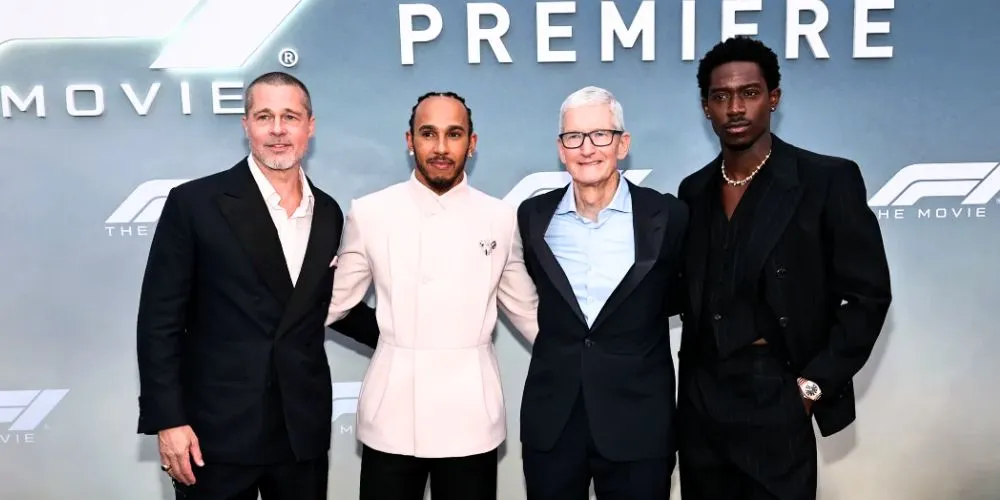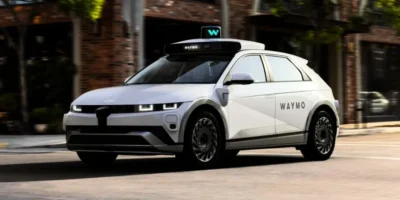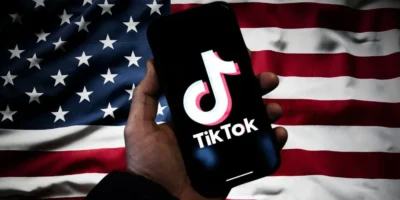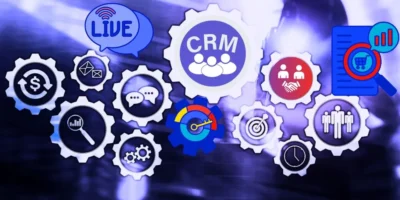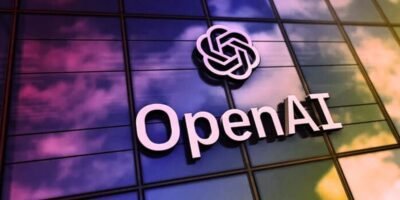Apple is living a tale of two very different stories. The company recently celebrated a major Hollywood victory with its blockbuster movie “F1,” which grossed over $155 million in its opening weekend. This success highlights Apple at its best: patiently executing a long-term plan, flexing its powerful marketing machine, and becoming a major cultural player.
However, while its entertainment business is thriving, a “check engine” light is flashing over its artificial intelligence efforts. At its recent developer conference, Wall Street was underwhelmed by Apple’s AI announcements.
The company’s once-pioneering voice assistant, Siri, now feels outdated compared to rivals like ChatGPT, and a major promised overhaul has been delayed until at least 2026.
This AI struggle is a significant problem. For a company that prides itself on owning its core technologies, the situation has become so concerning that reports have surfaced suggesting Apple is considering a major reversal: buying AI technology from rivals like OpenAI or Anthropic to fix Siri. Wall Street’s positive reaction to this news highlights the limited faith investors have in Apple’s internal AI development.
While Apple executives rub shoulders with movie stars, rivals like Meta and Google are aggressively hiring top AI talent and integrating advanced AI into their products. The success of “F1” proves what Apple can achieve with a clear, long-term vision. However, when it comes to the AI race that has captivated Silicon Valley, many are wondering when, or if, Apple will truly join the competition.

